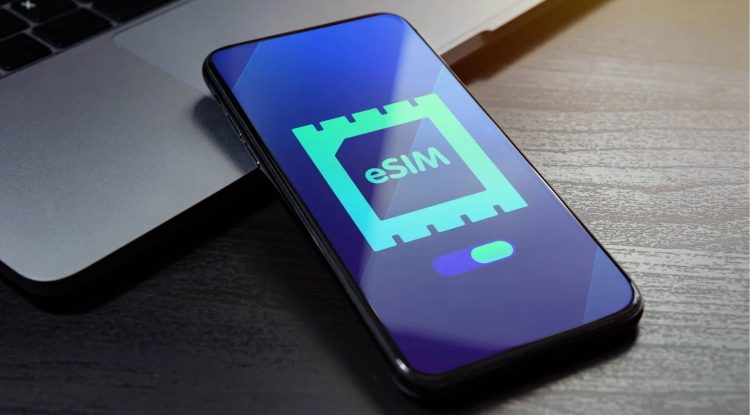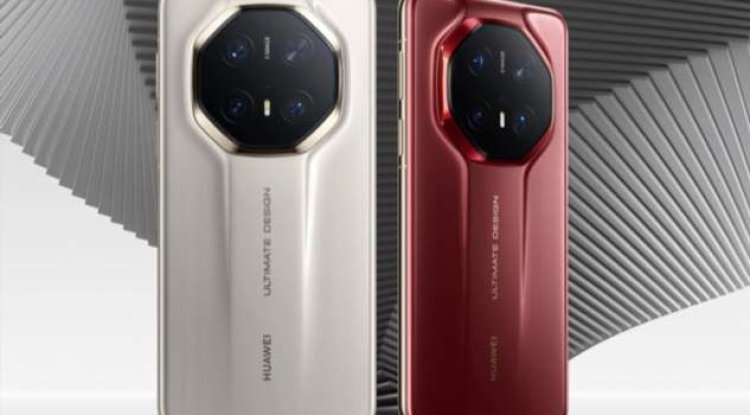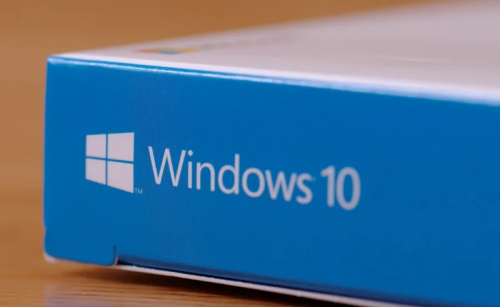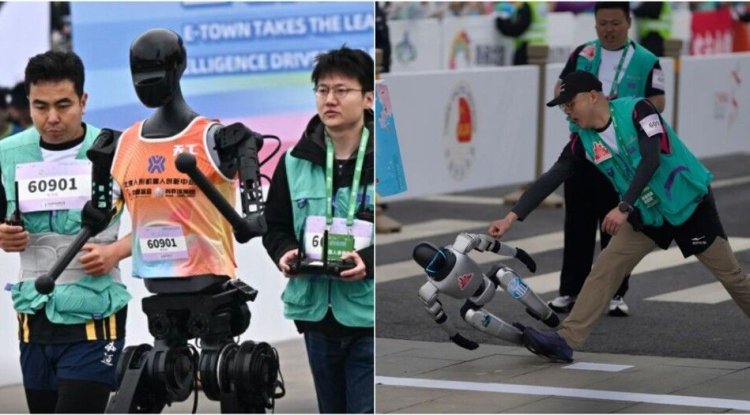Musk's Neuralink has a new competitor from China - Neucyber
At the Zhongguancun (ZGC) forum, the Chinese state-owned company introduced the Neucyber brain chip . BCI is similar to Neuralink technology developed by Elon Musk's startup.

Beijing Xinzhida Neurotechnology has developed a brain-computer interface (BCI) implant called Neucyber.
About Neucyber
The company notes that Neucyber's high performance is attributed to three core components independently developed in China—high-throughput flexible microelectrodes, two high-speed neural signal acquisition devices, and a generative neural decoding algorithm.
“BCI involves sensing subtle changes in the brain’s electrical signals, decoding the brain’s intentions, and achieving mental control of actions, allowing machines to be controlled without physical contact.”
Luo Mingming, China Brain Research Institute
The effectiveness of Neucyber lies in the clarity of the capture of electrical signals from the brain and the accuracy of their transformation, which depend on the electrodes and algorithms. The electrode in the Chinese chip acts as a sensor implanted in the brain to read electrical signals, with its performance determining the quantity and quality of brain signals picked up.
“Neucyber is the world’s first system that realizes the brain’s ability to intercept two-dimensional moving objects through mind control. In the future, this could give paralyzed people new hope that they will be able to touch and understand things in the physical world.”
Li Yuan, Development Director of Beijing Xinzhida Neurotechnology
Competition with Neuralink
Although neither the scientists nor the company mentioned Musk's startup, the presentation of this new product underscores China's desire to catch up with Neuralink.
However, Neuralink has already implanted its brain chips in humans, while Neucyber has only been tested on a monkey. A Chinese chip allowed her to control her robotic arm with her thoughts.
This is also not the first brain-computer interface implant in China. Previously, a team led by leading biomedical engineering researcher Hong Bo designed a wireless, invasive implantable device called Neural Electronic Opportunity (NEO). It was successfully implanted into a patient's brain for a treatment trial at Xuanwu Hospital in Beijing on October 24, 2023.
Share
What's Your Reaction?
 Like
0
Like
0
 Dislike
0
Dislike
0
 Love
0
Love
0
 Funny
0
Funny
0
 Angry
0
Angry
0
 Sad
0
Sad
0
 Wow
0
Wow
0





![Transfer/ Postings Senior Superintendent Police Hyderabad [Notifications]](https://pakweb.pro/uploads/images/202402/image_100x75_65d7bb0f85d5f.jpg)
![Amazing Text Animation Effect In CSS - [CODE]](https://pakweb.pro/uploads/images/202402/image_100x75_65d79dabc193a.jpg)






